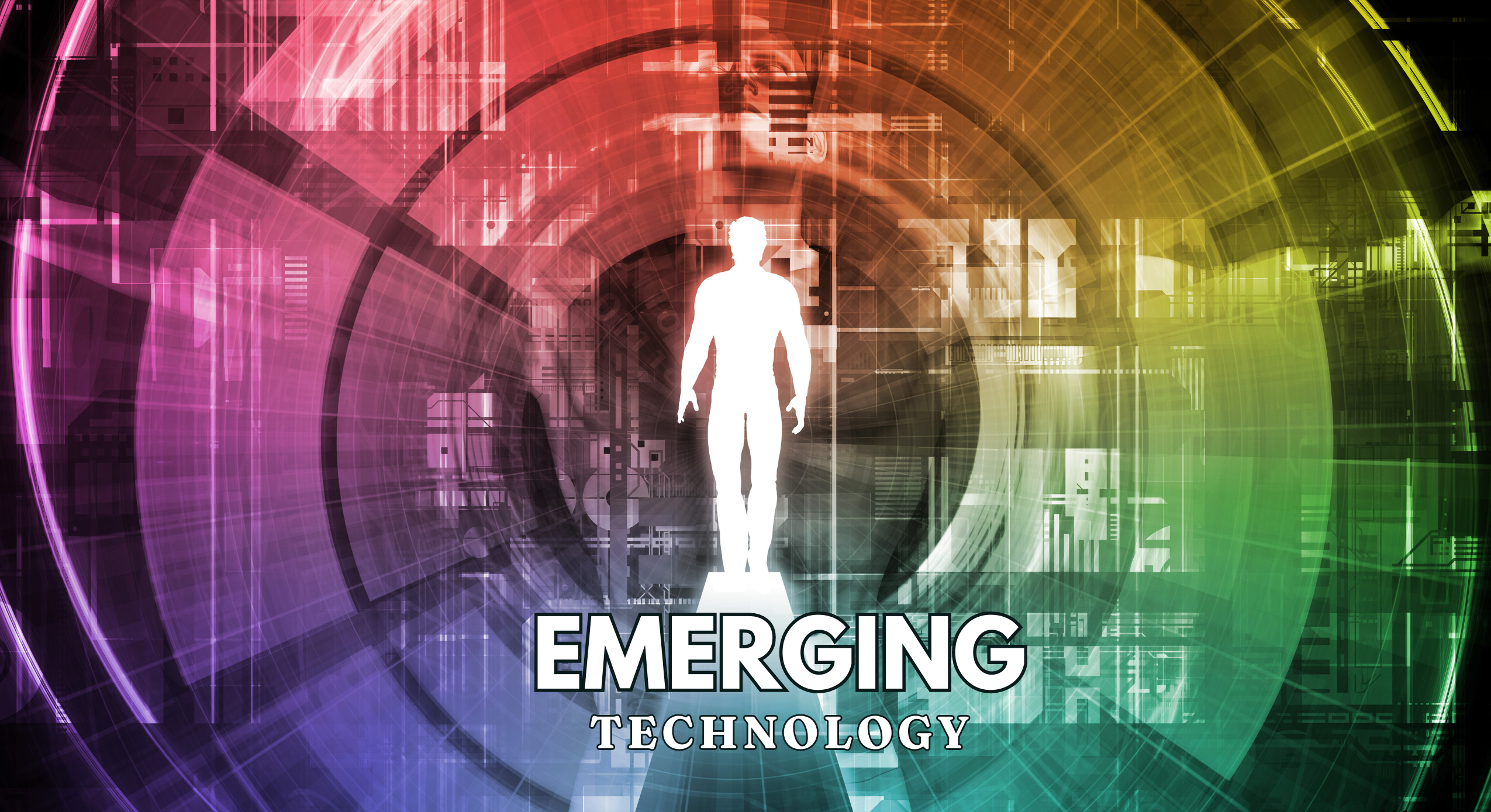Introduction: Emerging technologies are driving unprecedented innovation across industries, transforming business operations, customer experiences, and competitive landscapes. Businesses that embrace and leverage emerging tech effectively can gain a competitive edge, drive innovation, and unlock new opportunities for growth. Let’s explore some key emerging technologies and their potential impact on business innovation.
- Internet of Things (IoT): IoT refers to interconnected devices, sensors, and objects that communicate and exchange data over the internet. Businesses can leverage IoT to collect real-time data, monitor assets, automate processes, and improve decision-making. IoT applications span various industries, including manufacturing (Industry 4.0), healthcare (remote patient monitoring), smart cities (urban infrastructure), agriculture (precision farming), and retail (smart inventory management). IoT enables predictive maintenance, operational efficiency, cost savings, and enhanced customer experiences.
- Artificial Intelligence (AI) and Machine Learning (ML): AI and ML technologies enable machines to learn from data, recognize patterns, and make intelligent decisions without human intervention. Businesses can leverage AI/ML for data analytics, predictive modeling, natural language processing (NLP), image recognition, recommendation engines, and personalization. AI-powered chatbots, virtual assistants, and customer service automation improve customer interactions, while predictive analytics drive insights, automation, and efficiency across business operations.
- Blockchain Technology: Blockchain is a decentralized and secure digital ledger that records transactions and data in a transparent and tamper-proof manner. Businesses can use blockchain for secure transactions, supply chain transparency, smart contracts, digital identity verification, and decentralized finance (DeFi). Blockchain applications enhance trust, transparency, security, and efficiency in business processes, particularly in finance, logistics, healthcare, and digital asset management.
- Augmented Reality (AR) and Virtual Reality (VR): AR and VR technologies create immersive and interactive experiences by overlaying digital content onto the physical world (AR) or creating virtual environments (VR). Businesses can leverage AR/VR for training simulations, virtual tours, product visualization, gaming, marketing campaigns, and remote collaboration. AR/VR enhances engagement, learning outcomes, brand experiences, and customer engagement in diverse industries like education, retail, real estate, entertainment, and healthcare.
- 5G Technology: 5G technology represents the next generation of wireless networks, offering ultra-fast data speeds, low latency, and high bandwidth. Businesses can leverage 5G for enhanced mobile experiences, real-time communication, IoT connectivity, edge computing, and immersive content delivery. 5G enables innovative applications such as autonomous vehicles, smart cities, remote surgeries, augmented reality, and Internet of Things (IoT) solutions. 5G accelerates digital transformation, innovation, and connectivity for businesses and consumers alike.
- Edge Computing: Edge computing brings computing resources closer to the data source or device, reducing latency and enabling real-time processing and analytics. Businesses can leverage edge computing for IoT deployments, real-time analytics, video streaming, and mission-critical applications. Edge computing enhances performance, scalability, and reliability for distributed systems, enabling faster decision-making, reduced bandwidth costs, and improved user experiences.
Conclusion: Emerging technologies are driving a new era of innovation, disruption, and transformation for businesses worldwide. By embracing and leveraging IoT, AI/ML, blockchain, AR/VR, 5G, and edge computing effectively, businesses can unlock new opportunities, improve operational efficiency, enhance customer experiences, and drive business growth. Adopting a strategic approach to integrating emerging technologies into business processes and strategies is crucial for staying competitive, agile, and innovative in today’s rapidly evolving digital landscape.

Hi, this is a comment.
To get started with moderating, editing, and deleting comments, please visit the Comments screen in the dashboard.
Commenter avatars come from Gravatar.